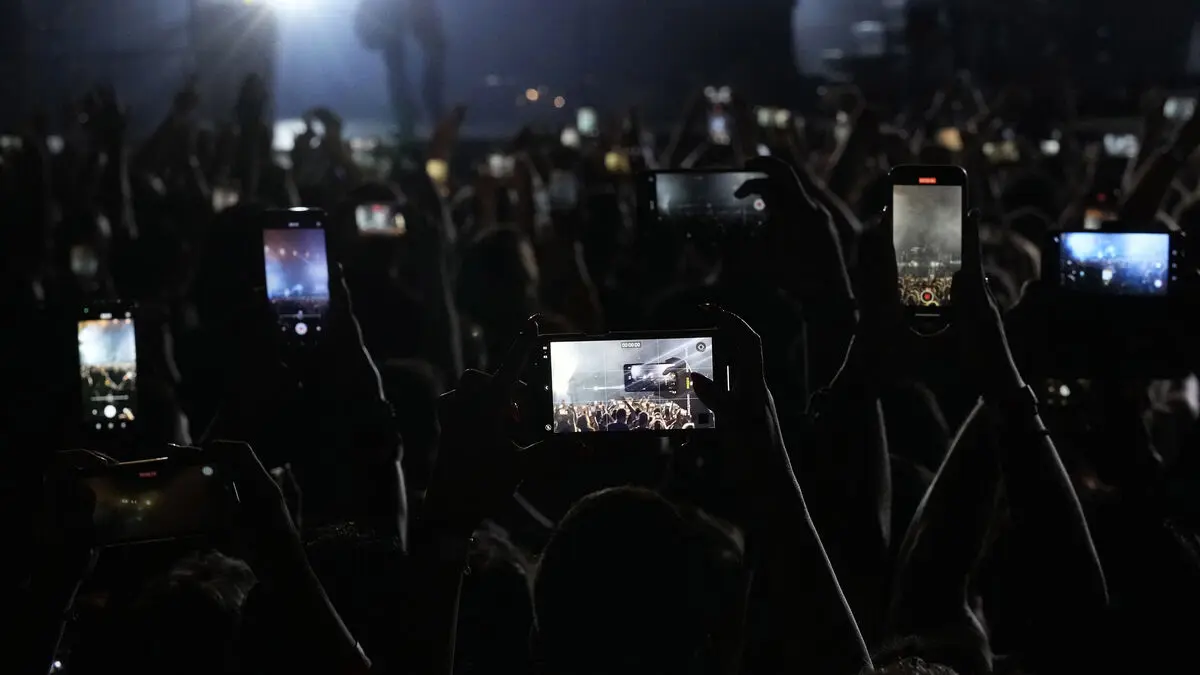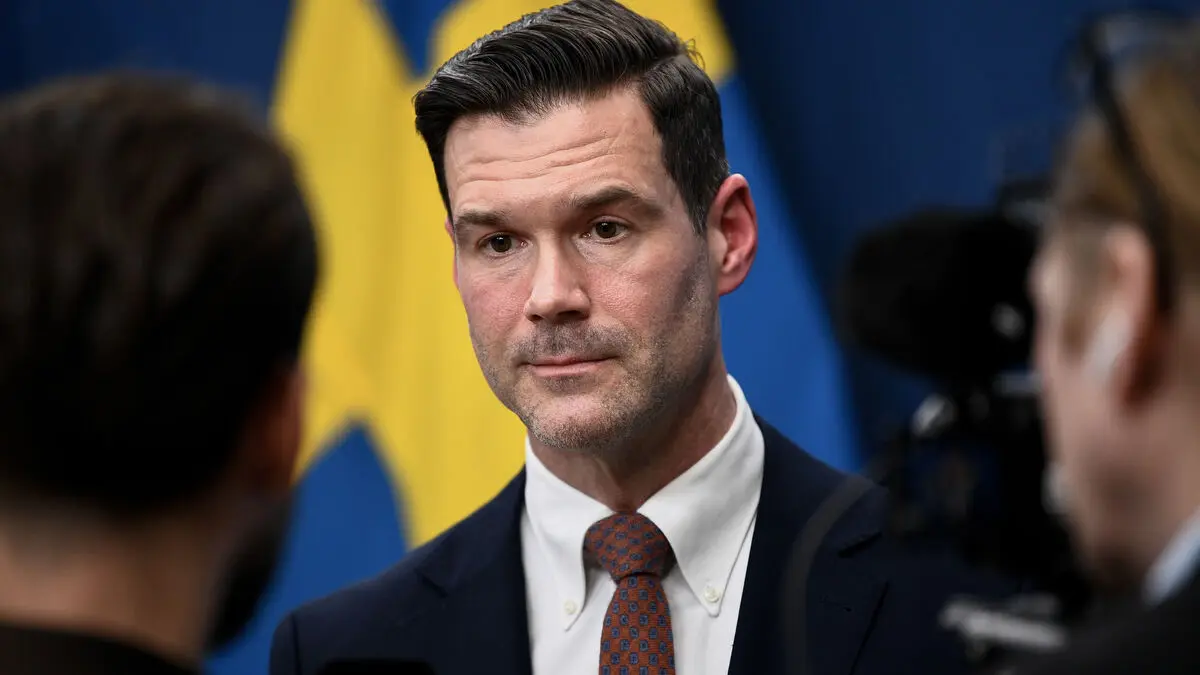In a new report, the Internet Foundation has examined how Swedes view their digital life after death. Should photos be saved? Should accounts be deleted? Should certain conversations be taken with them to the other side, but others allowed to be read by family?
Just as we clean up the dead in physical life, we need to do a digital cleanup, says Björn Appelgren, head of public education at the Internet Foundation.
Save or delete?
Two-thirds say they care about what happens to their data after they pass away.
It is, perhaps not so surprising, more important for younger people that data is saved, says Björn Appelgren.
40 percent – of all ages – want their data to be deleted when they pass away, compared to 24 percent who want it saved.
If, like many younger people, you have all your memories on social media, it is of course more important for you to save them.
Surviving
However, few have made active choices about what should happen to their digital footprints. Only one in ten has drawn up a digital will. Thinking about what you want to happen to your accounts and content is also a service to your survivors, according to Appelgren.
There may be different opinions about whether, for example, an account should be kept open or not, and this can lead to conflicts.
In practical terms, being digitally prepared for the afterlife is not exactly simple. Different sites, accounts and services have different rules and procedures for either saving or deleting.
What you can do yourself is check if there are so-called survivor settings in the service you use.
+ Only 1 in 10 have made a will over their social media. More older people have made a will over their social media compared to younger people.
+ 65 percent say they care about what happens to their data after they die. Slightly more women than men say they care.
+ For the sake of family and friends is the main reason why Swedes want data to be saved after their death.
Source: Internet Foundation
+ Create a digital will, i.e. information that someone will be responsible for the login details for your various accounts and services.
+ Some services and accounts have survivor settings where you can specify what you want to happen when you die.
+ Appointing someone responsible for your digital afterlife makes it easier for both yourself and your loved ones to discuss topics that may be difficult to approach.
+ Death certificates and certificates that strengthen the relationship with the deceased may be needed to gain access to someone's login on, for example, social media, if they were not shared before their death.
+ In some cases, funeral homes can help with information and guidance.






